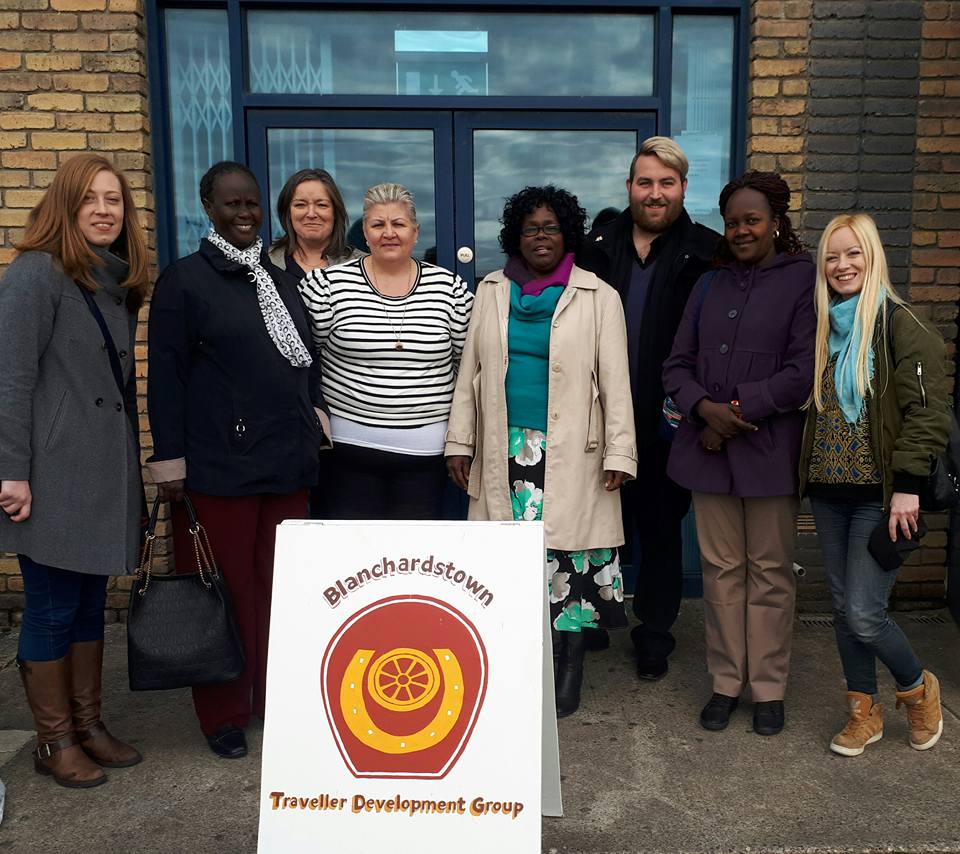
Catherine Joyce explains the importance of ethnic recognition in the struggle for Traveller rights.
Since the late 70s there have been numerous campaign to highlight the issues affecting the Traveller community in Ireland and to call for equality. Traveller organisations from the early days of Mincier Misli have been discussing and challenging the many forms of discrimination and racism against Travellers.
Traveller rights organisations such as the Irish Traveller Movement have prioritised the recognition of Travellers as an ethnic group because this recognition can inform social views and State policy. The absence of this recognition is State denial of our culture, identity and way of life; how can a state provide for its people without accepting their existence and value in our society?
In its first report to the UN Committee on the Elimination of Racial Discrimination (CERD) in 2004, the Irish Government stated that “Irish Travellers do not constitute a distinct group from the population as a whole in terms of race, colour, descent or national or ethnic origin.” The then-Minister for Justice argued that “the Government is not prepared to include in the Report a statement that it does not believe in, namely that travellers are ethnically different from the majority of Irish people.”
The meaning of ethnicity is not just an academic dispute; it is at the centre of how we are to address the unequal status of Irish Travellers. Dr Robbie McVeigh points out that Irish Traveller inequality is rarely contested, but the reasons behind it are. Is racism to blame or is this inequality a function of Traveller culture, as often suggested by hostile media commentators? The debate on ethnicity is behind the question of how Travellers can become less unequal, and government policy has wider implications, meaning that Travellers are excluded from the automatic protection of international and regional standards on racial discrimination.
How can a state provide for its people without accepting their existence?
The second provision of the UN Race Convention states that “States Parties shall, when the circumstances so warrant, take… special and concrete measures to ensure the adequate development and protection of certain groups or individuals… for the purpose of guaranteeing them the full and equal enjoyment of human rights”. This is interpreted as meaning that when groups who fall under the Race Convention definition are in a position of entrenched inequality, states are required to enact special measures to assist them.
There has been much discussion as to whether or not Travellers are an ethnic group, but the fundamental point is that we don’t choose to be Travellers; we are born Travellers. Some may choose not to be recognised as such for fear of discrimination, but for many this is not an option.
That Travellers are among the most excluded and most discriminated against in Irish society is shown by the fact that the highest proportion of cases taken under the Equal Status Act since 2000 are those taken by members of the Traveller community.
The opposite approach – assimilation – is about demanding that the behaviour and values of the minority ethnic group conform to those of the majority group. Travellers have much experience of this approach to difference, as do other minority ethnic groups. This approach is evident in the words of a politician: “the children of today’s migrants will in the future be more Irish than the Irish themselves”.
In order to challenge this, the Irish Traveller Movement began a campaign in 2008 to get the Irish State to recognise the Traveller community as a ethnic group, as Irish Travellers are in the North and in the UK.
The campaign served to build and articulate the demand for recognition. It assisted a shared understanding of ethnicity as being about difference rather than separateness. It enabled alliances to be built so that the demand for recognition is being expressed in a wide range of different sectors. Most importantly, it underpins a shared pride in Traveller identity, history, tradition and contribution to Irish society.
The Dåil formally recognised Traveller ethnicity in March 2017.
This recognition should form the platform for any future policy on Travellers. It should be the starting point in any new strategies and be used as a yardstick for implementation. This campaign is only the beginning of a clear focus on the implementation of state policy to secure Traveller human rights.
Catherine Joyce is the manager of the Blanchardstown Traveller Development Group.




